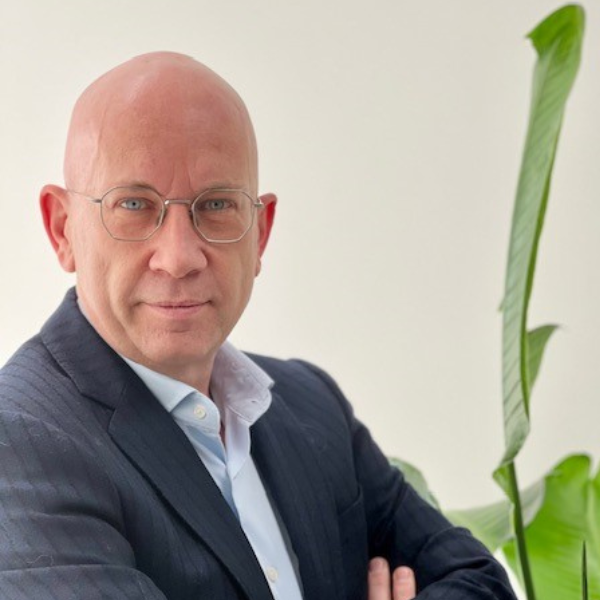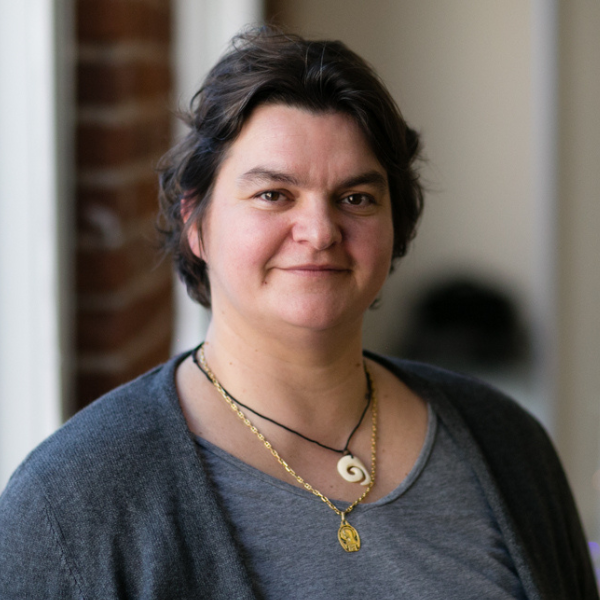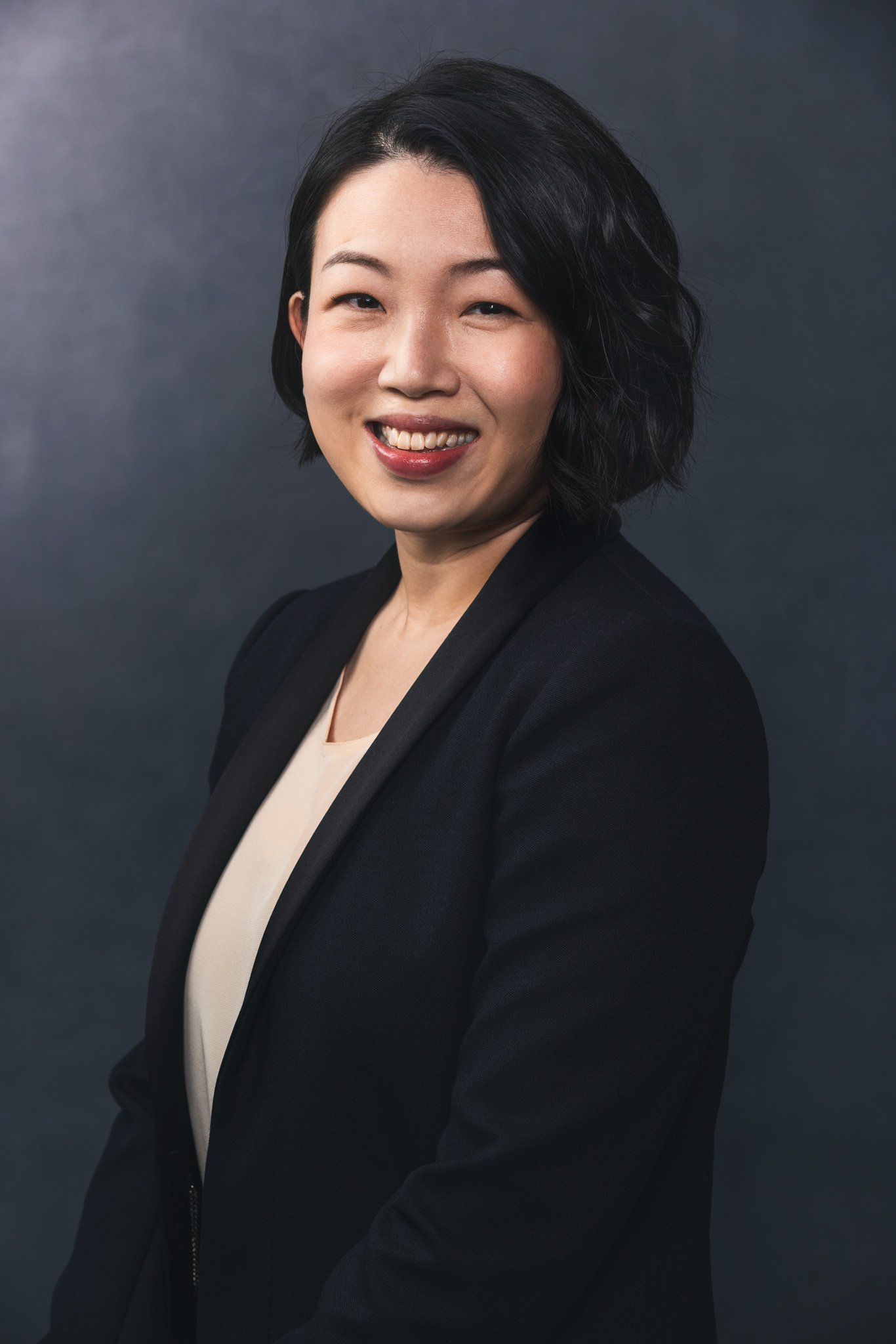Be prepared to meet someone very important. Yourself.
Peter Willems

Can you tell us a little bit about your professional and personal background?
I live in the vibrant city of Antwerp (Belgium) with my wife Kristien and have three adult kids Nicola, Alexander and Anne-Fleur with very different professional interests in art, aviation and law. I love cooking, spinning, running, hiking, reading, travelling and spending time with friends. I have visited 41 out of the 195 UN countries and looking forward to increasing that number!
On the professional side, I’m leading a global team of experts ensuring our products are safely used by patients and consumers around the world. In my 25 years of professional life I have worked in both large corporations as well as small biotech firms and served in professional, executive and board roles. In addition to my primary role I’m a member of the global J&J Bio-Ethics Committee.
What is a fun fact or something unexpected about you?
I once was asked for an autograph at an airport lounge as the person thought I was John Malkovich. He’s 20 years older by the way.
What made you decide to pursue the Executive Master in Change (EMC) at INSEAD?
I have a passion for leadership, human dynamics and the value of diversity, but little academic background on those topics. As I want to further develop and grow in that area I was looking for a top-notch programme which integrates these themes.
After a talk with an alumnus of the programme and with the support of my management I decided to apply.
What are your impressions of the classroom atmosphere, the content, professors and your classmates so far?
Beyond expectations.
I was astonished how quickly we bonded as a team, just after one day. And that bonding in our community is growing interaction by interaction, day by day, module by module.
The foundation of the EMC programme is in the first place about yourself, as a person and as a leader. Hence you need to open up and be able to transparently share your known and unknown interpersonal dynamics.
These cathartic experiences, as Prof. Manfred Kets de Vries is describing them, are bringing people together.
Our excellent academic staff, Prof. Saskia De Maat and Prof. Michael Shiel, are not only providing us with the academic background in terms of concepts, latest research outcomes and insightful experiences from their rich backgrounds, they are also creating a psychologically safe environment where we can have those in-depth conversations leading to a transformational learning experience.
And of course there is that inclusive, energetic, transparent and supportive community of classmates!
It is amazing how we celebrate personal successes, value our diversity but also support each other in times of personal or professional setbacks. And all sessions and modules are flawlessly organised by our amazing programme manager Aymee MacDougald.
Please share some examples of new insights / tools that you have gained through the EMC and how you’ve been able to implement them in your professional life?
It is early days as we have only completed two out of eight modules, but for me it has already been transformational in a sense that you get to know yourself better in those first two foundational modules.
And in times of change, your own personality is the most important instrument in which you approach individuals and organisations. Getting to know your own drivers, values, needs and hopes prepares you for those times of change and uncertainty.
Being aware of those psychodynamic forces has already giving me lots of insights in how I react and project on others. That awareness has already had a substantial impact, not at least by integrating all the knowledge, insights and experiences in writing cases after each module.
Lastly, what advice do you have for people out there who may be currently reading about the programme or considering whether this is the right programme for them?
Be prepared to meet someone very important. Yourself.
You need to be aware and prepared for that, as in the beginning of the programme you will be confronted with yourself.
Secondly, ensure you have a support system, both in your personal as professional life, as the programme requires some time between the modules to read, write and assimilate.
And last but not least, do connect with alumni of the programme to talk about their experience. In my opinion, everyone who is open and prepared to transformational personal growth will immensely benefit from all aspects of the EMC.




